Your 12-Week-Old Baby – Development, Milestones & Care

- Your 12-Week-Old Baby’s Development
- Your 12-Week-Old Baby’s Milestones
- Feeding
- Sleeping
- Behaviour
- Crying
- Routine for a 12-week-old Baby
- Products That 12 Week Old Baby Need
- Tips to Take Care of Your 12-Week-Old Baby
- Tests and Vaccinations
- Games and Activities
- When to Consult a Doctor
- FAQs
Your little one has been with you for three months now, and you must still be getting used to the new routine with your munchkin. Your sleeping schedule must have gone for a toss, you hardly have the time to look at yourself in the mirror, and you can very well understand the term exhaustion new moms talk about, but one look at your baby, and you forget it all, after all, your baby is worth it! Your little one has reached the 12th-week mark, and you must be eager to find out how he is developing, aren’t you? Just like you, your 12-week-old baby is discovering new things about himself and his surroundings. So read on to learn how your baby is developing at 12 weeks!
Your 12-Week-Old Baby’s Development
Want to know about the 12-week developmental milestones? Reaching the 3-month mark is a huge development for your baby. Your baby has grown in this time and will continue to grow rapidly. This is mostly the time when your baby will undergo yet another phase of rapid growth. This means more feeding and possibly erratic feeding times, with fewer breaks in between and waking up at night frequently to feed your baby.
[Also Read: 3 Months Old Baby Development]
Your 12-Week-Old Baby’s Milestones
Within a span of 3 months, a baby tends to learn a lot of what is around them. The average weight of a 12-week-old baby is about 1.5-1.8 kg more than what it was earlier. Their neck strength is growing as well.
In the span of 12 weeks, your baby will have started understanding what goes around him and how things work. At least the ones related to him. Therefore, when the feeding time is near, and he sees you approach, he will inherently understand that he is going to be fed and prepare for it. Similarly, sleeping times might also start affecting him such that he begins to fall asleep around the same time as before. These might be interrupted in the phase when a growth spurt occurs. As with communication, your little one will start observing by staying quiet when someone talks near them. They will also throw in a handful of cute babbles and coos and try to become a part of the conversation (1).
Here are some more physical milestones according to the American Academy of Pediatrics (2) (3):
- Stretches legs out and kicks
- Opens and closes hands
- Raises head while lying on the tummy
- Brings hands to the mouth
- Grasps and tries shaking the toy
If your child manages to get through the sleep cycle properly, you can catch on some sleep, too. A quarter of a full year’s growth has been successfully completed. Yes, your little one is developing so soon!
[Also Read: 3 Months Old Baby Milestones]
Feeding
With the rapid growth occurring around this stage, your baby’s feeding demands might ramp up a bit. At times, if the growth is substantial, there might be instances where you will be barely done with one feed, and it will be time for the next. Your baby’s maximum growth occurs while he is asleep, which is why he might wake up with intense hunger and cry out for food.
Increased demand for food doesn’t automatically entail switching to different food products to satisfy it. WHO suggests breastfeeding exclusively for the initial six months of the infant’s life (4). Initially, your breasts may not be able to give as much milk as your little one requires, and you might need to supplement that with some formula. But in most cases, within a few days, your body understands the increased demand and internally ramps up the production of breastmilk, too.
[Also Read: 3 Months Old Baby Food]
Sleeping
Since they are in the growth phase, there are slight chances that your baby might wake up at night and demand food. Apart from that, a 12-week-old baby’s sleep schedule is pretty much in place, with about 9-10 hours of nighttime sleep and 4-5 hours of daytime sleep, totalling 15 hours of sleep in a day (5). Most babies sleep for a good portion of the night once they are fed.

Your baby might be used to being cuddled to sleep, and that could soon spell a problem for you if he refuses to sleep unless he is cuddled. Alternatively, when really sleepy, you could lay him down on his bed and hum to him as he drifts off to sleep. A few days might be required, but soon, he will get used to sleeping without constantly cuddling. If you are extremely tired and have missed sleep for multiple nights, rope in your spouse to help out by preparing formula milk at night and feeding it to the baby using a bottle. If you choose to breastfeed instead, do not fall asleep with your baby on the breast since that could pose a risk of harm to both of you.
Babies at 12 weeks old will be eager to start rolling around. Therefore, keeping them wrapped up when they sleep and laying them securely on their back is more important than before. You can secure their position by using small pillows to keep them facing upwards at all times.
[Also Read: 3 Months Old Baby Sleep]
Behaviour
The concept of cause and effect starts developing inside your baby’s brain around this time and he begins to understand why something seems to work the way it does. If he is used to seeing a rattle or other noisy soft toys, he will begin to understand that shaking the rattle will make the sound.
Funnily, his hands will not have coordination, and in the process of shaking the rattle, he may end up whacking himself in the face. Make sure that your baby doesn’t harm himself, and opt for using soft toys instead. With an increase in strength, the grip of your baby’s fist will soon be extremely powerful, and you will start seeing that if they grab your finger, they won’t let go of it that easily. Their feet begin to move a lot, and the classic foot-in-mouth tendencies begin to manifest.
At times, if your baby gets a little too excited, or make guttural sounds, you might spot some drops of milk in the mouth which he has regurgitated. This is normal as long as the amount is not too much, else it might be a sign of his vomiting. Your baby’s demeanour is a good sign for it.
Crying
It is still a long time to go before your baby stops crying without reason. But, by now, you would be in a much better position to understand what your baby is asking for when he cries. If you are one of those mothers who have a baby that seems to be crying all the time, it can soon get overwhelming. Take the help of other family members to keep your baby engaged while you take a break for yourself. Getting angry or irritated with your baby will just aggravate his crying and leave you even more frustrated.
Routine for a 12-week-old Baby
Your 12-week-old infant’s schedule will be driven by their needs. They will start sleeping longer at night and stay awake more during the day. In the hope of having a break-free night, avoid imbalancing their rhythm by keeping them up during the day to improve nighttime sleep; overtired babies can become cranky. Therefore, follow a flexible routine that works for everyone.
Products That 12 Week Old Baby Need
Your baby is growing at lightning speed, and you must be prepared to give them a safe space to grow and develop. Here are some products for your 12-week-old baby’s care:
- Toys: This is the time you can start looking for developmental toys for your little one. Choose developmentally appropriate toys according to your little one’s age to stimulate your baby’s senses and support motor skills.
- Crib: If you haven’t moved your baby from a bassinet to a crib yet, it’s time you consider it. Many parents prepare the crib before the arrical of the baby, but that isn’t necessary. You can choose the crib for your baby once they attain a certain age that is suitable for a crib.
- Crib Mattress: A right crib mattress plays a huge role in the comfort and safety of the baby. When purchasing a crib mattress, look for one that is breathable, firm, and fits snugly in the crib frame.
- Crib Sheets: A fitted crib sheet should be soft, without any harsh texture, and be the perfect size.
Tips to Take Care of Your 12-Week-Old Baby
Here’s how you can take care of your 12-week-old newborn.
- The growth spurt of the baby will make him demand more food. Keep formula at hand or pump out breast milk and store it to be fed via a bottle later at night or so.
- Make sure that no hard or sharp objects are kept near your child since his eager hands will find them in no time and start playing around.
- Keep a routine of feeding, pooping, play and sleep that is repeated on a daily basis. Your baby will start getting used to it and feel safe and secure since he will know what to expect next.
[Also Read: 3 Months Old Baby Care]
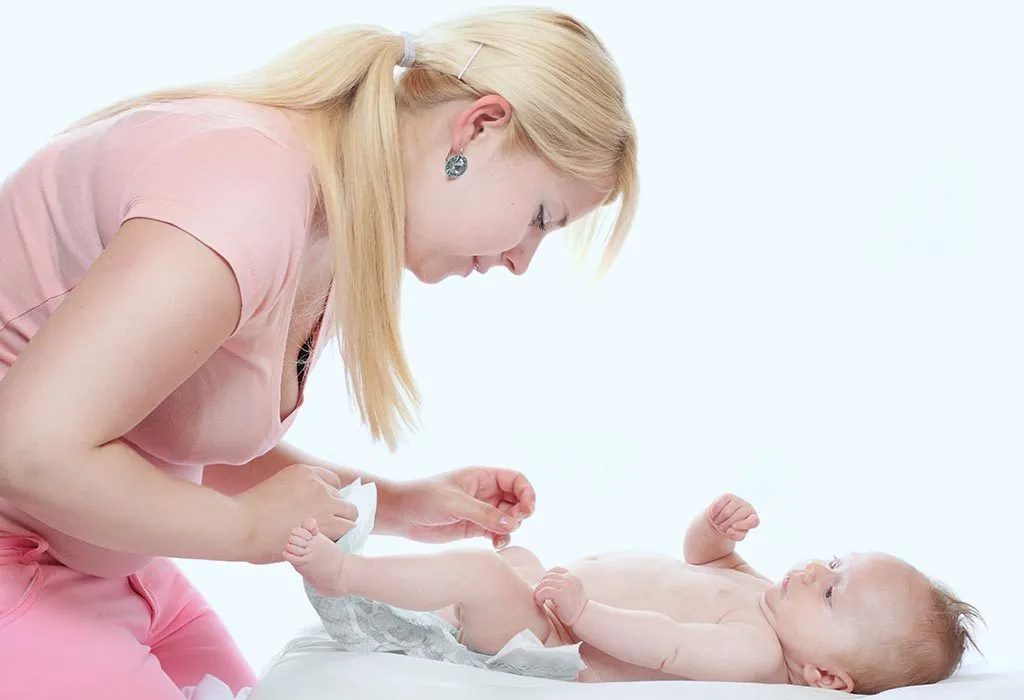
Tests and Vaccinations
At 3 months, no other vaccinations are necessary as long as all the previous vaccines that are given at 2 months mark have been successfully administered.
Games and Activities
As your baby grows, he will begin to understand certain sounds. To help them understand different sounds and the words used for them, you can say ‘clap’ or ‘bang’ and make the clapping sound or banging sound so that your baby can form a connection between the word and its sound. By understanding that when you clap your hands and say “clap clap”, your child will attempt to do the same to show you. Babies learn a lot by mimicking us, and giving them more opportunities to do the same is necessary through 12-week-old baby activities. This can also be done with nursery rhymes or any favourite song of their kid, which brings together the excitement of listening to their favourite music and clapping along to it.
If your baby is able to hold his head up a little bit and sit up with good support, here’s another activity you can try for his social and emotional development. Sit cross-legged on a soft mattress and make your kid sit in the centre, between your crossed feet. Then, either bend over him or use a soft blanket to cover the both of you and make soft sounds. Open up the blanket and make different sounds to make your child laugh. Your child will love this peek-a-boo game!
[Also Read: 3 Months Old Baby Games and Activities]
When to Consult a Doctor
Certain kids might pick up a few things later than other kids. But if your kid shows barely any signs of growth, response, or recognition, such as eyes failing to follow you or being absolutely unaffected by music or sounds, it is important that you consult a doctor (6).
FAQs
1. When will my baby learn to roll over?
Babies generally start to roll over as early as 4 months old. You may find them rolling from side to side at this point of time and then rolling over in both direction by 6 months old (7).
2. When can I start sleep training my baby?
Although there isn’t any specific time available about when to sleep train a baby, but many experts suggest sleep training babies when they are at least 4 months old. A 4-month-old baby starts adjusting itself to the day’s clock slowly. Remember to consult a doctor for customised guidance so the sleep training can be done at an appropriate time.
3. Why is my 12-week-old baby so cranky?
Growth spurts in babies is pretty common, which may cause crankiness and clinginess in babies. At 3 months, they have started taking the world in. Don’t worry; it is a normal part of growing up.
4. How frequently should an 12-week-old baby burp?
You should burp your baby after every feed.
Your little one has turned three months and you will see enough and more signs of development in him with time. Keep encouraging your little one to try new activities that help in his physical, cognitive, linguistic, and social and emotional developments. Most of all, spend a good time with your little one and enjoy the motherhood phase!
References/Resources:
1. 3–6 Months: Your Baby’s Development; Zero To Three; https://www.zerotothree.org/resource/3-6-months-your-babys-development/
2. Developmental Milestones: 3 Months; American Academy of Pediatrics; https://www.healthychildren.org/English/ages-stages/baby/Pages/Developmental-Milestones-3-Months.aspx
3. Development & Milestones for Infants (Birth – 12 months); Department of Lifelong Education, Advancement, and Potential; https://www.michigan.gov/mikidsmatter/parents/infant/milestones
4. Breastfeeding; WHO; https://www.who.int/health-topics/breastfeeding#tab=tab_1
5. Infant Sleep; Stanford Medicine; https://www.stanfordchildrens.org/en/topic/default?id=infant-sleep-90-P02237
6. Infant development: Birth to 3 months; Mayo Clinic; https://www.mayoclinic.org/healthy-lifestyle/infant-and-toddler-health/in-depth/infant-development/art-20048012
7. Baby Milestones – When Babies Sit Up, Roll Over and Crawl; Help Me Grow; https://helpmegrowmn.org/HMG/HelpfulRes/Articles/BabyMilestones/index.html#:~:text=Babies%20start%20rolling%20over%20as,roll%20over%20in%20both%20directions.
Also Read:
9 Week Old Baby
Development of 10 Week Old
Milestone of 11 Week Old Baby
Development and Care of 13 Week Old
Development and Milestone of 14 Week Old
Was This Article Helpful?
Parenting is a huge responsibility, for you as a caregiver, but also for us as a parenting content platform. We understand that and take our responsibility of creating credible content seriously. FirstCry Parenting articles are written and published only after extensive research using factually sound references to deliver quality content that is accurate, validated by experts, and completely reliable. To understand how we go about creating content that is credible, read our editorial policy here.








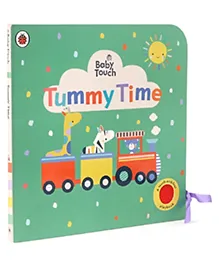
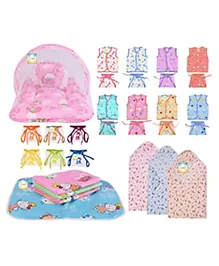

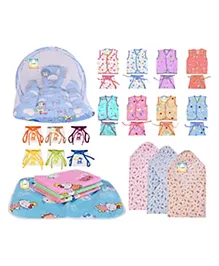
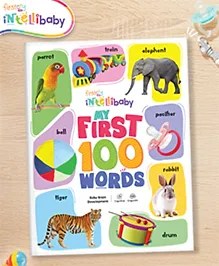

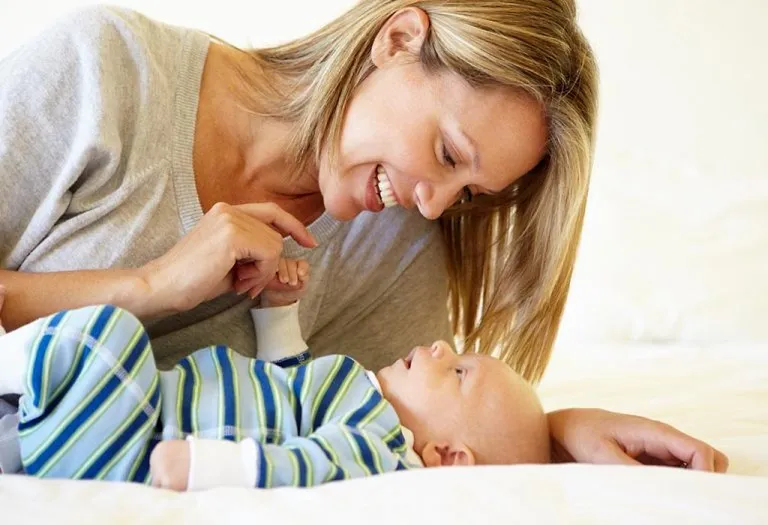
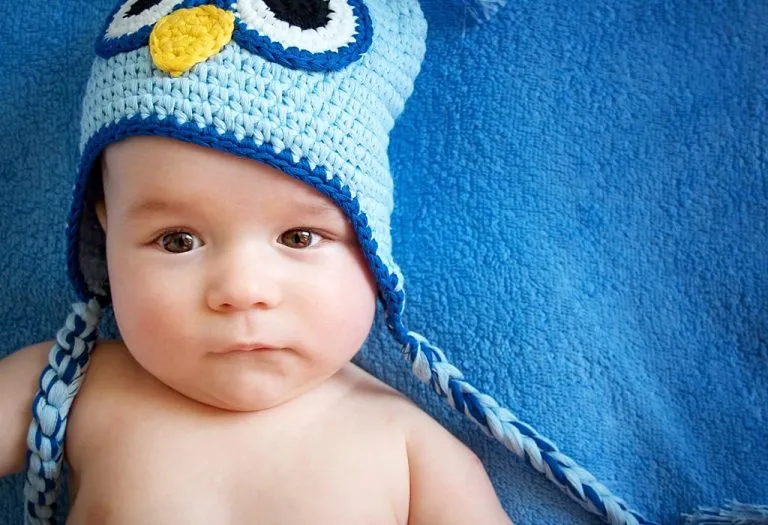



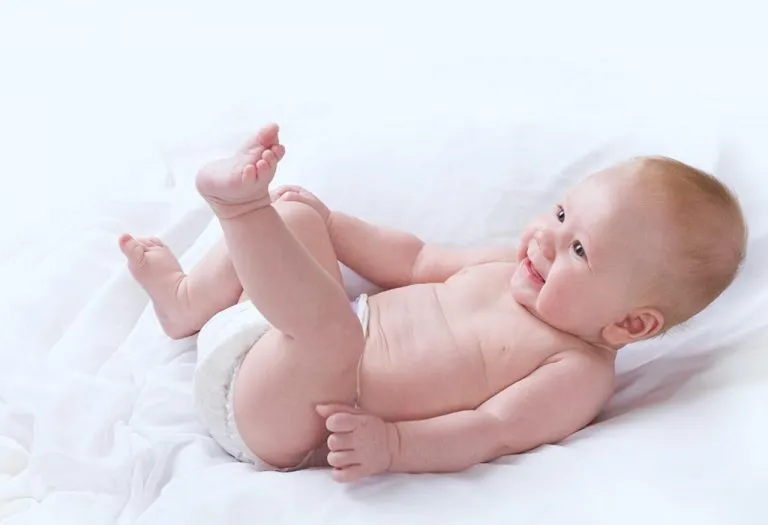

.svg)


















